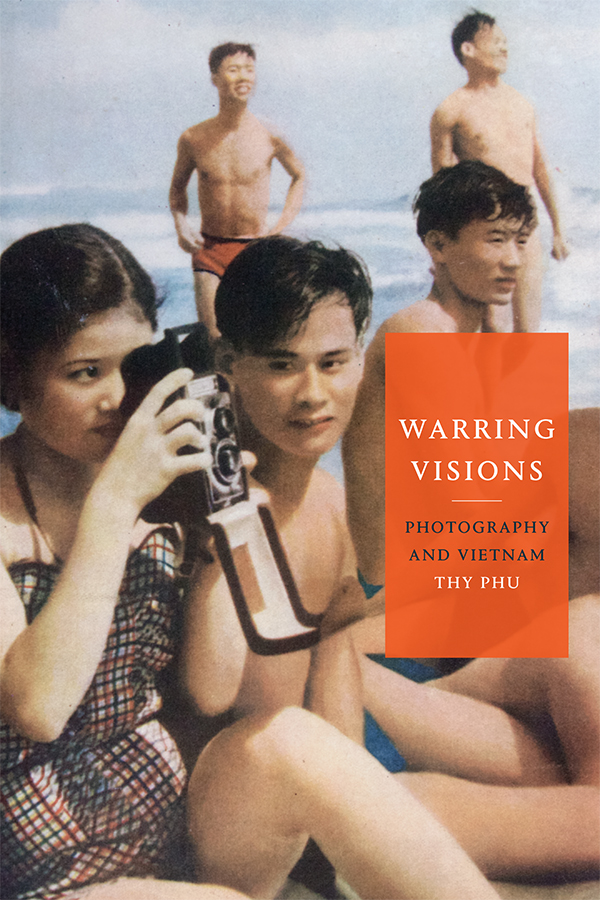Tested against the global political struggles of feminist and anti-colonialist activists, cultural studies scholarship during the 1970s shifted from the subversion of humanist and empiricist dichotomies to the problematization of the limits and possibilities of postmodern critical knowledges themselves. Arguing for analyses that acknowledge the persistence of hierarchical systems and structures—such as neo-imperialism, and the persistent division of labor by sex—as social relations and subjectivities have become more individualized, fragmented, and unstable, we may recognize the year of 1980 as the symbolic moment cultural studies scholars would particularly problematize the categories, oppositions, and dichotomies on which conventional notions of race and sex rely. This article chronicles some of the key debates coming to a head over the course of the late 1970s which would prove fundamental to the development and continued importance of the cultural studies project over the course of the 1980s.
Keyword: postcolonialism
Review of Warring Visions: Photography and Vietnam by Thy Phu (Duke University Press)
Thy Phu’s Warring Visions: Photography and Vietnam draws on archives of the Vietnam War that center Vietnamese perspectives to complicate the historical and contemporary visual representation of Vietnamese identities that have been filtered through the Western narrative of the Vietnam War. Her book emphasizes the significance of typically denigrated visual materials including propaganda and vernacular photographs. She focuses on the complex deployment and reception of photographic objects as politicized symbols, sources of memorialization, and identity formation.
Review of Postcolonial Grief: The Afterlives of the Pacific Wars in the Americas by Jinah Kim (Duke University Press)
Jinah Kim’s Postcolonial Grief engages with the transnational politics of grief, mourning, and militarization across the Pacific. By examining literature and film produced by Japanese and Korean persons across the Asian diaspora, Kim reveals the ways in which loss and melancholia act as insurgent cultural forces. She considers how, despite silencing mechanisms which valorize narratives of reconciliation and pathologize the grief of colonized subjects, colonialism continues to haunt the present. A rich engagement with the overlapping histories of violence across the Pacific, Kim effectively and carefully considers the relationship between liberal narratives of reconciliation, loss, and colonial violence.
Review of Postcolonial Nations, Islands, and Tourism: Reading Real and Imagined Spaces by Helen Kapstein (Rowman & Littlefield International)
Helen Kapstein’s book Postcolonial Nations, Islands, and Tourism: Reading Real and Imagined Spaces positions tourism as a form of colonialism. Specifically, the author lays out the similarities between different forms of modern day tourism and how they reflect colonial practices, with reference to three foundational values: surveillance, control, and consumption. Kapstein’s book is a riveting read and is perfect for those interested in post-colonialism, tourism, the creation of real and imagined spaces and desire studies.
Postcool
Francesco Salvini asks what it means to translate the categories of postcolonial thought in the practices of organisation of a subaltern neighbourhood trapped in the hurricane of valorisation and abstraction of urban space. Salvini presents an analysis of what he calls an ‘audio-visual inquiry’ conducted by a collective of political activists organising in the Raval in Barcelona. The laboratory of Postcool sought to find ways to learn about the subaltern histories of the Raval that are made invisible. Salvini discusses the ways in which the collective investigated how these subaltern histories of the Raval inscribe themselves in the urban design of the city in their relevance for organising against gentrification in the context of postcolonial capitalism.
Response to “Postcool”
Sandro Mezzadra responds to “Postcool” by Francesco Salvini, reflecting on the “method” of militant research the use of Chakrabarty’s concepts in Salvini’s understanding of “postcolonial capitalism.”



